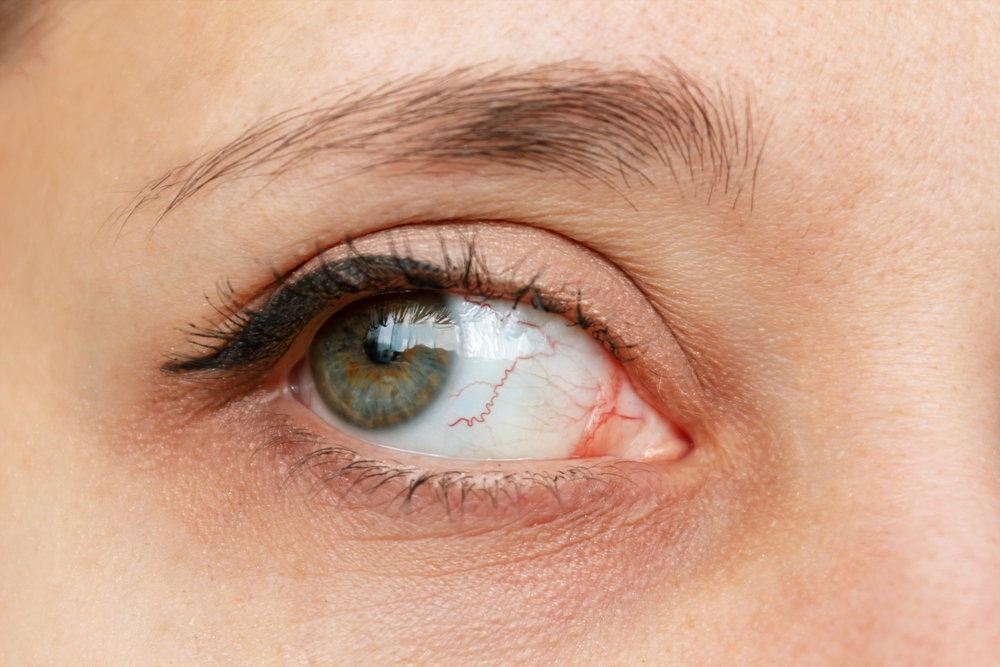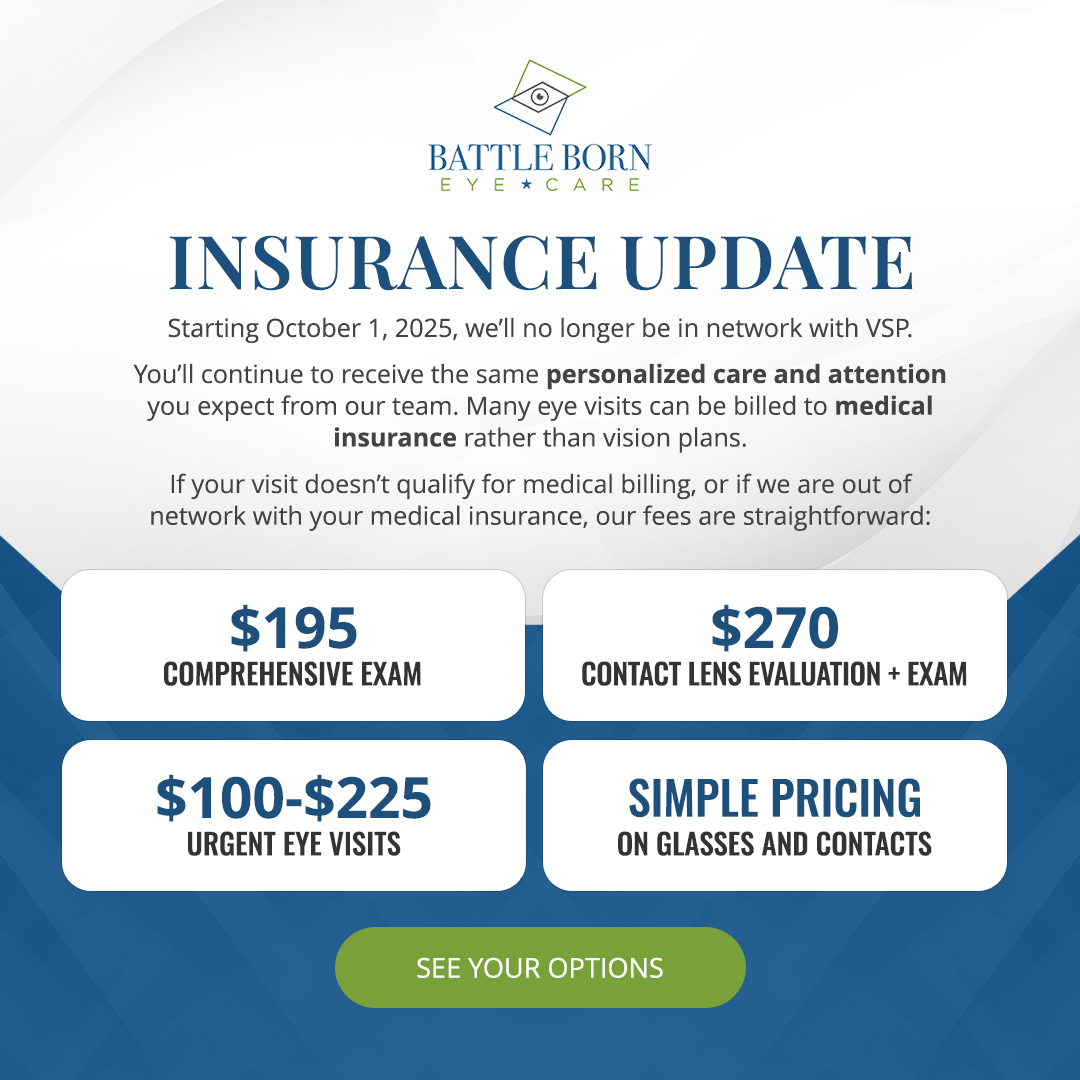
Keratoconus is a progressive eye condition that affects the shape and clarity of the cornea. In a healthy eye, the cornea is round and dome-shaped. But in keratoconus, it gradually thins and bulges outward into a cone-like shape, leading to distorted vision, increased light sensitivity, and difficulty seeing clearly, especially at night. But who is at risk for developing this condition?
Genetic Risk Factors
One of the strongest indicators of keratoconus risk is family history. Studies show that the condition tends to run in families, suggesting a genetic predisposition. If a close family member has been diagnosed with keratoconus, your risk of developing it is significantly higher. This makes regular eye exams essential, especially for younger individuals whose corneas are still developing.
Lifestyle and Environmental Triggers
Although genetics play a major role, certain behaviors and environmental factors can increase the risk or accelerate the progression of keratoconus:
- Chronic Eye Rubbing: Frequently rubbing your eyes can weaken the corneal structure. People with allergies, dry eyes, or atopic conditions often experience itchy eyes and may rub them more often, which puts them at greater risk.
- Allergies and Asthma: Conditions like hay fever, eczema, and asthma are often associated with keratoconus. The inflammation and urge to rub the eyes may contribute to the condition’s development.
- UV Exposure: Prolonged exposure to ultraviolet rays without adequate eye protection can cause oxidative stress on the cornea, potentially contributing to keratoconus in susceptible individuals.
- Poorly Managed Vision Problems: Ignoring persistent vision issues or delaying routine eye exams can allow early-stage keratoconus to go undetected, especially in adolescents and young adults.
Early Warning Signs
Keratoconus often starts subtly and progresses over time. Here are key symptoms to watch for:
- Blurred or distorted vision not corrected by glasses
- Increased light sensitivity
- Frequent prescription changes in glasses or contact lenses
- Halos or glare around lights, especially at night
- Double vision in one eye (monocular diplopia)
- Difficulty driving at night
Early detection is crucial. When caught in its early stages, keratoconus can often be managed more effectively with custom contact lenses, corneal cross-linking, or other advanced treatments to slow progression.
Schedule Your Comprehensive Eye Exam Today
Keratoconus is a serious eye condition that can significantly impact your quality of life if left untreated. If you have a family history of keratoconus, suffer from allergies, or notice changes in your vision, it's important to schedule an eye exam as soon as possible. Early intervention is key to preserving your vision and exploring effective treatment options.
Schedule a comprehensive eye exam at Battle Born Eye Care to detect early signs of keratoconus and create a personalized care plan tailored to your vision needs. Visit our office in Reno, Nevada, or call (775) 360-6446 to book an appointment today.











